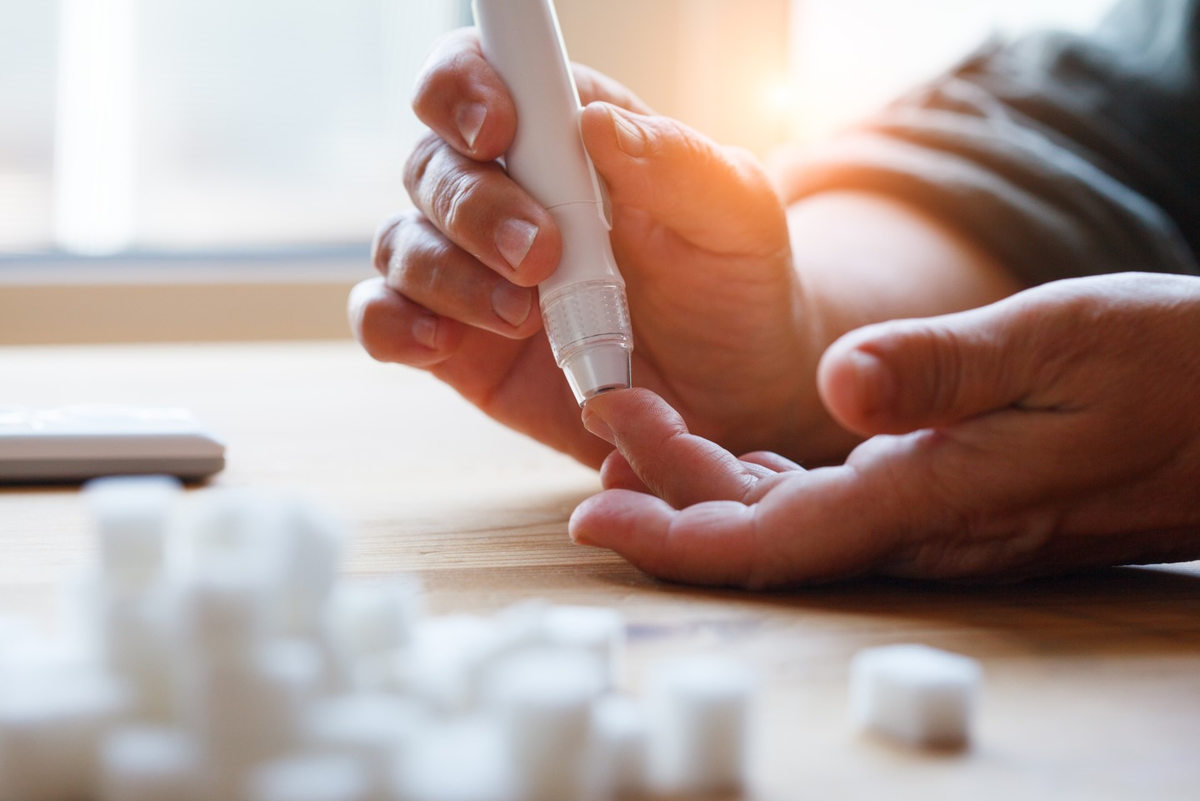Application n°1: clinical decision support (for multiple injection therapy and insulin pump)
AI algorithms can be used as decision support systems for diabetes management. The algorithm analyzes historical health data, including blood glucose levels, insulin dosages, dietary habits, and physical activity, to provide personalized insulin recommendations and treatment adjustments. It identifies patterns and offers evidence-based guidelines for maintaining optimal blood glucose levels.
An example is Advisor Pro, from Dreamed diabetes, that receives data from CGMs and/or insulin pumps, the data is analyzed using the MD Logic algorithm, searching for highs and lows along with specific individual patterns. Advisor pro produces recommendations including optimization of basal rate, carbohydrate ratio, correction factor (insulin sensitivity) and personalized management tips. The recommendations are reviewed and edited by the endocrinologists and are then shared with the patients.
This combination of AI-driven insights and expert validation helps patients make informed decisions, even in emergency situations, enhancing overall diabetes care.
Application n°2: diabetes self-management tools
AI algorithm can interpret biometric data from CGMs (Continuous Glucose Monitoring) and alert the patient and/or directly make adjustments to the blood glucose, by administrating insulin through an insulin pump.
The MiniMed 780G insulin pump system, combined with the Guardian Sensor 3 (CGM) by Medtronic, uses advanced AI algorithms. The data is collected by the CGM and is then analyzed by the MiniMed to predict glucose trends. The insulin pumps adjusts the insulin delivery based on these AI predictions, with the ultimate goal to keep the blood sugars in the optimal range, reducing manual adjustments by the patient and preventing episodes of hyper- and hypo- glycemia. Overall, the combined system offers a more precise and automated management of the disease, enhancing glucose control and reducing diabetes burden.
Application n°3: diabetes prediction and risk stratification
AI can be exploited to predict an individual’s risk for developing type 2 diabetes and its potential risks. The early stage identification of high risk patients is crucial to avoid life-threatening complications and to implement personalized prevention strategies.
Researchers at the United Arab Emirates University Intelligent Distributed Computing and Systems (INDUCE) laboratory are conducting large-scale tests of different AI models. The main goal is to identify the specific risk factors, such as genetics, lifestyles and different pre-existing life conditions, by applying advanced machine learning techniques on large datasets.
The research contributes to move towards early diagnosis and personalized prevention strategies, reducing the risks of type 2 diabetes.
Learn more about how our team can support you in your projects related to AI in healthcare >
Application n°4: diabetic retinopathy screening
Diabetic retinopathy, the leading cause of blindness in the US, can be prevented with early detection. AI diagnostic algorithms are based on image processing and machine learning techniques to analyze retinal images and identify signs of diabetic retinopathy. The effectiveness is comparable to screening with in-office clinical exam by an eye care provider.
LumineticsCore is an example of Al diagnostic system that autonomously diagnoses patients for diabetic retinopathy. It analyzes the images quickly and provides results in less than a minute without the need of highly trained operators. Therefore, it can be integrated in the workflow of primary care seamlessly. LumineticsCore enhances accessibility to crucial eye care for diabetic patients, reducing the screening burden and ultimately helps to prevent vision lost.
As AI is becoming more and more established in the healthcare world, it has a great potential in diabetes care. The objective remains to reduce the burden of diabetes, by empowering patients, giving them access to advanced technologies and daily support.
At Alcimed we keep exploring the fast-paced developments in AI in healthcare and can support you in your projects related to AI and diabetes care! Don’t hesitate to contact our team!
About the authors,
Annelisa, Consultant in Alcimed’s healthcare team in Italy
Hélène, Senior Project Manager in Alcimed’s healthcare team in Italy



